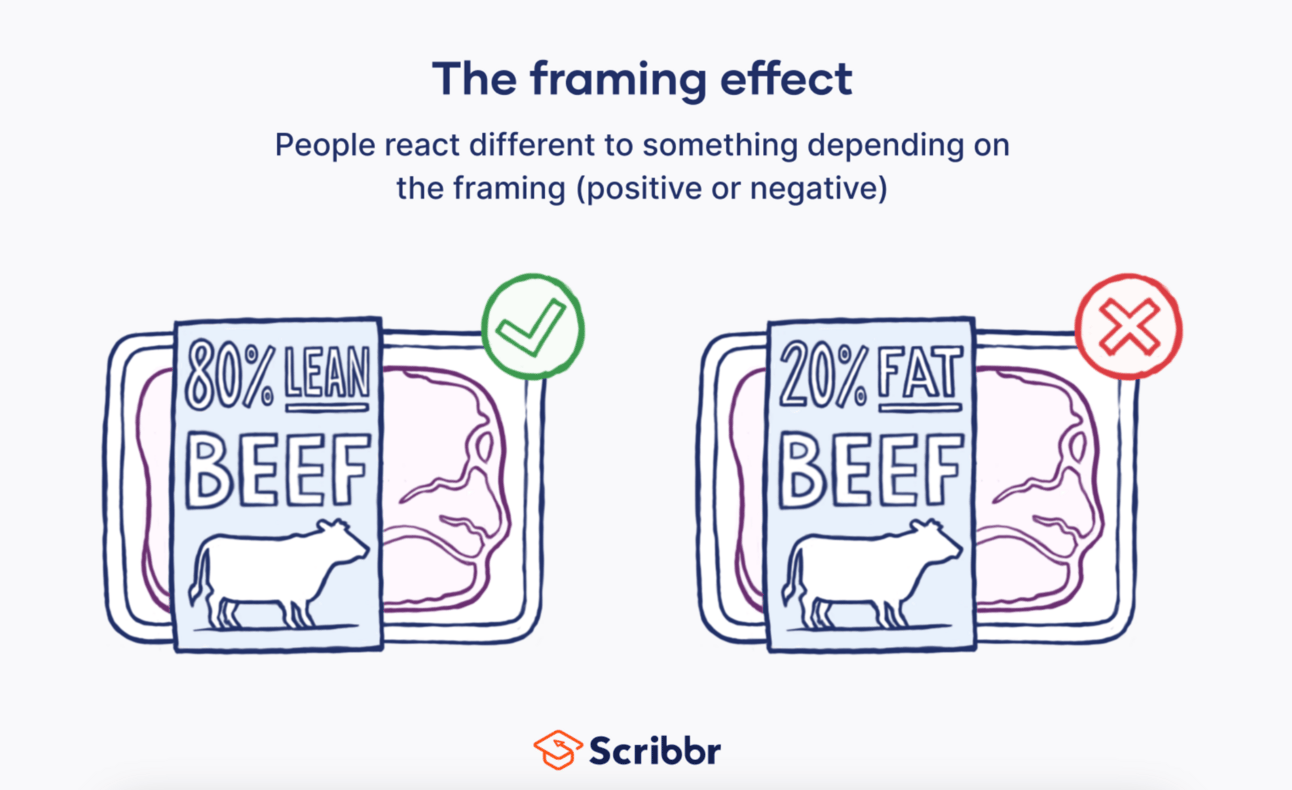Earners,
I've made a lot of money using this negotiating tip:
Take the sting out of your ask.
Soften The Blow
Often, whether it's with money or even just asking for favours from loved ones, it can feel daunting to come right out and say what you want. You think you'll throw your counterpart off or maybe you are under the impression they will think you are asking a lot out of them.
However, if you're able to tell the person it's going to be really painful, super expensive, or simply a way bigger deal than it actually is, it takes the edge off when you actually ask for what you want.
For example:
You're asking your manager for a raise. A way you could take the sting out before asking for the dollar amount is something along the lines of "you're going to think I'm greedy and asking for too much". Assuming you have a decent relationship with your manager, I can virtually guarantee they will respond with "No no, of course not. Please, tell me what you had in mind". You always want to incentivize that "no" oriented response, because now they've literally encouraged you to give them the answer.
Another example could be asking your friend for a ride to the airport. It can be a pretty decent ask for some friends. You could say something like "you're going to absolutely hate me for asking you this" or "If you're able to do this for me, I would owe you SO much". Then, when you simply ask for a lift to the airport, they'll likely think "Oh? That's it? That's not so bad. Yeah no worries."
What happens when you do this is you start digging out all the negatives that the other side may be harboring based on past experiences, maybe based on past lives. Who knows? You know, it's the old phrase about the elephant in the room. First of all, the elephant in the room doesn't go away by pretending it's not there. The elephant in the room doesn't go away by you saying, there's not an elephant a room. The elephant in the room is diminished, and eventually goes away, by you saying, hey, there's an elephant in the room. And then people go, yeah, that's not that bad. So conduct an inventory, do an audit of all the possible negative names, negative feelings, slanderous accusations that the other side might have. Make a list, and go after them early on and quickly, fearlessly. Unexpressed negative emotions never die. They fester like an infection, and they become cancerous. And this is an approach to go after these, and even get out in front of them, and trigger the working collaborative relationship from the very beginning”
Chris Voss, Former FBI Negotiator
Why It’s So Effective
The term "taking the sting out" has origins in the field of law. Lawyers may "air out the laundry" of their client so that they are able to own up to things before the other side has a chance to attack. This effectively undercuts the other side and may make the following arguments they use not nearly as bad, as they've already owned up to the "bad" stuff.
With the way we are using it, you are playing on their expectations and leveraging the human psychology of framing. The framing effect is the cognitive bias wherein an individual's choice from a presented set of options is influenced more by the way the information is presented as opposed to the actual fact of the matter.
The framing of an issue, or rather, the presentation of the issue in this instance, significantly impacts how people make decisions. When your counterpart realizes the framing you've set on the situation was "a lot worse" than the reality, they will likely view the reality more favourably than they otherwise would.
So no, this isn't some anecdotal pseudo-science thing your old buddy Nate is telling you - this stuff really works.
Try this in small interactions in your life. I promise you, it works like a charm!
Earn more,
Nate


